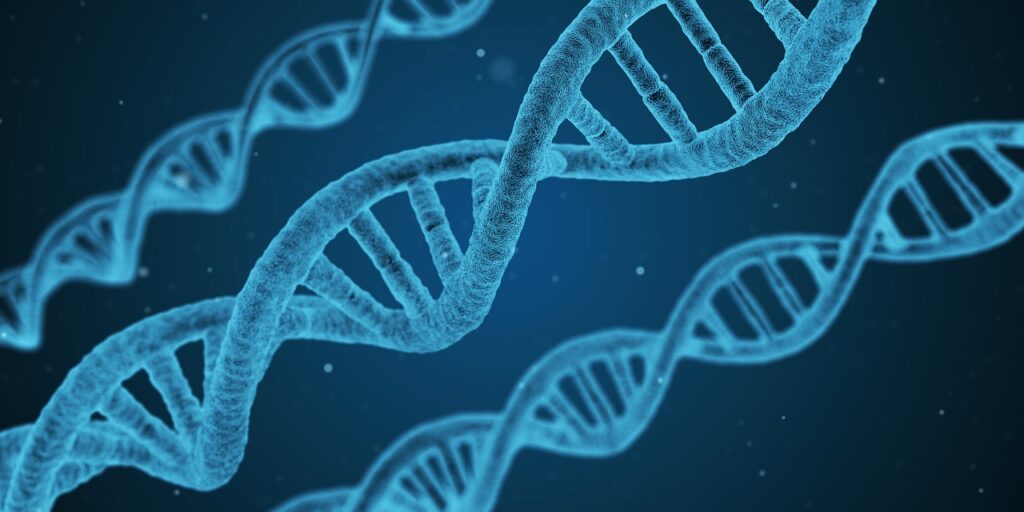
Our genetic code, comprised of DNA sequences inherited from our parents, holds the blueprint for the development and maintenance of our teeth, gums, and other oral structures. Various genes regulate crucial processes such as tooth formation, enamel strength, saliva composition, and immune responses within the oral cavity. Genetic variations or mutations in these genes can lead to oral health outcomes, ranging from enhanced resilience to dental diseases to increased vulnerability.
Dental Caries:
Dental caries is the main concern for most individuals today. While oral hygiene and sugar consumption is a major factor in formation of dental caries, genetics can contribute to the individual’s susceptibility to teeth decay as well. Variation or changes in genes encoding enamel proteins, immune response, and microbial habitat of oral cavity can influence it.
Periodontal Diseases:
Periodontal diseases like gingivitis and periodontitis are inflammatory responses to bacteria. Just like in dental caries, genetic factors can modulate the immune response. Inflammation and tissue modelling can impact the severity of the diseases. By identifying the genetic markers associated with gum health, researches can aim therapies for prevention and treatment.
Saliva:
Saliva plays a major role in maintaining oral health, by being a natural defence mechanism against bacteria. Genetic modulation can influence saliva production, variations in composition, antimicrobial properties, etc.
Teeth:
Due to any genetic modulation, tooth development, structure and growth can be hampered as well. Some conditions like:
- Amelogenesis imperfecta: It means abnormality in formation of enamel, which can result in discoloured, pitted or prone of broken tooth formation.
- Dentinogenesis imperfecta: It means genetic disorder in formation of dentin (second layer of tooth). It results in tooth with are discoloured, transparent and prone to wear and tear.
- Hyperdontia: Aka supernumerary teeth, meaning, development of extra teeth in mouth, which is beyond the normal number.
- Hypodontia: It means absence of one or more tooth.
- Oligodontia: It means absence of multiple teeth.
- Regional odontodysplasia: It means formation of abnormally shaped tooth due to genetic abnormalities.
Genetic conditions can highlight a number of conditions in oral cavity, from tooth development to dental diseases, which can be identified by genetic markers and tests, if required. At Teeth Care Centre, Dr. Pankti Patel, the chief dentist of TCC, is the best oral diagnostic specialist of Ahmedabad. Dr. Pankti always guides and advises her patients about all the possible conditions in her diagnosis and recommends all her patients to get a routine oral health check-up always.